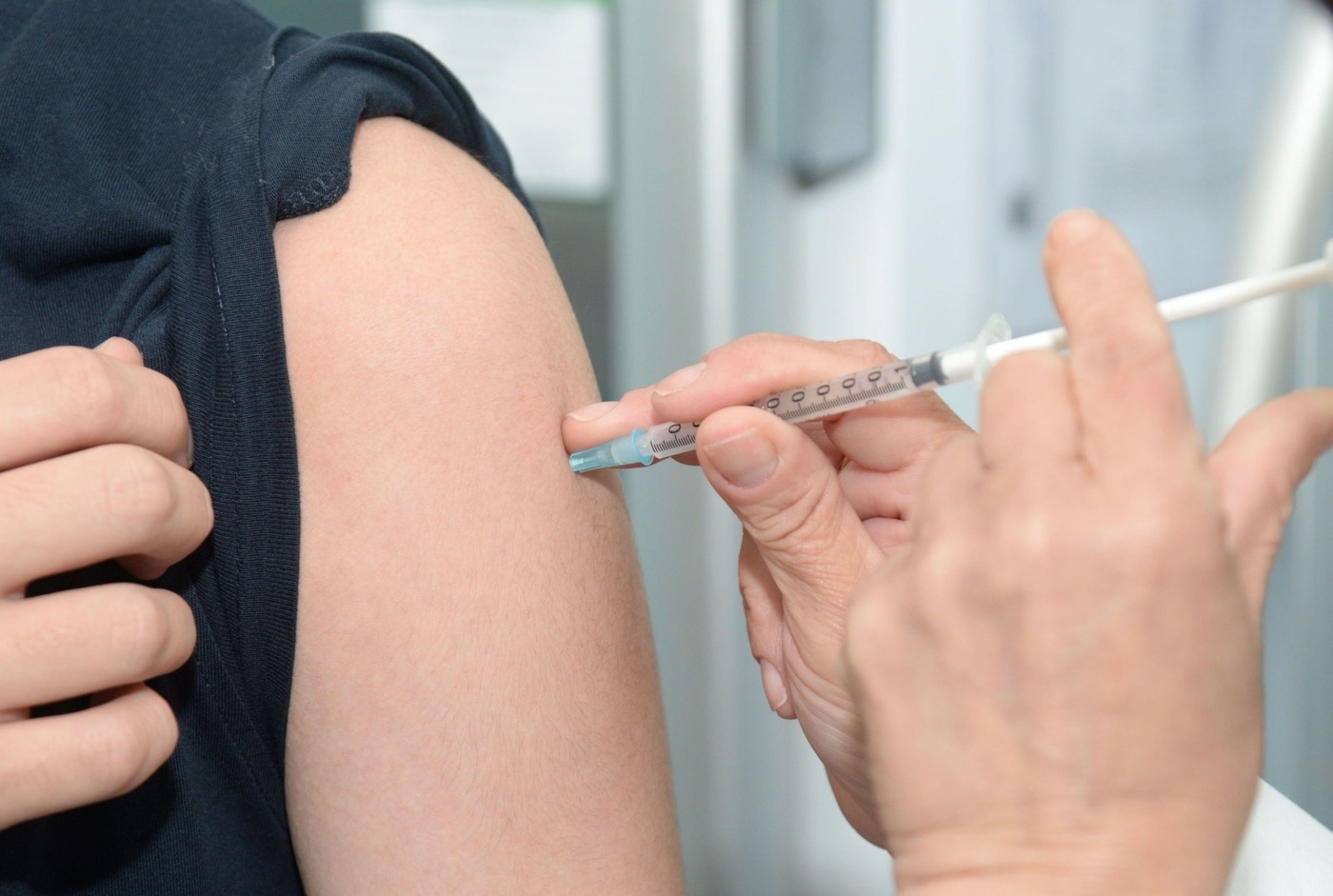Russian bots accused of fuelling the vaccine debate
Debate online is nothing new but maybe it isn’t all as genuine as it seems. Russian web brigades, also known as the ‘troll army’, are being increasingly accused of spreading discourse by weaponizing fake and bot accounts. These government-linked groups have been accused of interfering with social media discussion around elections, including the 2016 U.S. presidential election and the Brexit vote. However, research is now connecting these agents to other hotly contested subjects like the vaccination debate, prompting fears of a public health crisis.
Recent findings from George Washington University in Washington D.C. discovered that Russian trolls were amplifying both sides of the vaccine debate to drum up dispute. The researchers believe the trolls hoped to further drive a wedge into American society and increase the risk of exposure to disease by “[eroding] public trust in vaccination”. The study is published in the wake of news that Europe is facing a huge measles outbreak. There were 41,000 reported cases of the disease in the continent during the first six months of 2018, more than in the whole of 2017.
Researchers believe the trolls hoped to further drive a wedge into American society and increase the risk of exposure to disease by “[eroding] public trust in vaccination”
The team behind the new study examined nearly 1.8 million tweets, identifying fake accounts based on clues including poor grammar, tweet frequency, and what hashtags were used. It was found that trolls tweeted around 22 times more often about vaccines than the average user, roughly one in every 550 tweets compared to one in every 12,000. Furthermore, many anti-vaccine tweets came from accounts with unclear origins. David Broniatowski explains, “these [accounts] might be bots, human users or ‘cyborgs’- hacked accounts that are sometimes taken over by bots”.
The researchers also discovered that #VaccinateUS, was “designed to promote discord”. Tweets using this hashtag were identified as users linked to the Kremlin-backed Internet Research Agency. Leaked information and documents suggest the agency tries to manipulate public opinions to push the Russian Government’s agenda.
Trolls tweeted around 22 times more often about vaccines than the average user, roughly one in every 550 tweets compared to one in every 12,000
It is impossible for the researchers to know for certain if the accounts all hail from Russian troll farms, but their evidence suggests “a significant portion” of online debate is created by ill-natured users with ulterior motives.
How effective then is this spreading of misinformation? With political interference it has been possible to find events promoted and even started by fake accounts, and the number of attendees and real user engagement can easily be tracked. With the vaccination discussion, it’s a little trickier. What is known is that debate around vaccination can suggest that the benefit and safety of vaccines are still up in the air and, as the report details, “exposure to negative information about vaccines is associated with increased vaccine hesitancy.” Hesitant persons are more likely to rely on information from the internet and lose trust in official health experts.
What is known is that debate around vaccination can suggest that the benefit and safety of vaccines are still up in the air
In the UK vaccines must first go through rounds of study before they can be licensed to be sold and then will continue to go through constant monitoring. In terms of side effects people who take vaccines may experience soreness around where they were injected and, depending on the vaccine, may experience mild symptoms of the disease in the following 24 hours. At worst someone might have an allergic reaction, but the chances are less than one in a million. Whereas the chance of someone dying having contracted measles, a vaccine-preventable illness, is one in 500.
Choosing not to vaccinate doesn’t only increase your risk of catching dangerous diseases but can impact others too. Vaccinating hinders a disease’s ability to spread, making it less likely to survive or mutate. Not vaccinating could allow for new strains to arise which would require the development of new treatment.
Vaccinating hinders a disease’s ability to spread, making it less likely to survive or mutate
What can we do then? If you have friends and family who spread and believe anti-vaccine information, try talking with them and share pro-vaccination information like the official NHS webpage. Often they believe they are acting in their own and their children’s best interests but their actions cause more harm than good. You can also follow advice from previous misinformation scares: keep a healthy scepticism of what you read online, be hesitant of sources you aren’t familiar with and be careful when sharing material even if it agrees with your world view.

Comments
Comments are closed here.